
Happy Summer, villagers!
The days are getting longer and hotter here at Village Monsters HQ, and that makes it easy to tell I’m a game developer: all I want to do is spend my days inside working on a computer.
As with previous weeks this is a very dialogue focused update, but I also managed to sneak in some new furniture and decorations, so let’s get to it!
New Decorations
Each release I try to at least make an effort at adding new furniture and decorations, but this past week I sat down with purpose and added a whole bunch at once.
You can now find pumpkin garland, teddy bears, dinner plates, instruments, rugs, plants and a whole bunch more stuff. Villagers having many more options to decorate their homes means that you do, too!
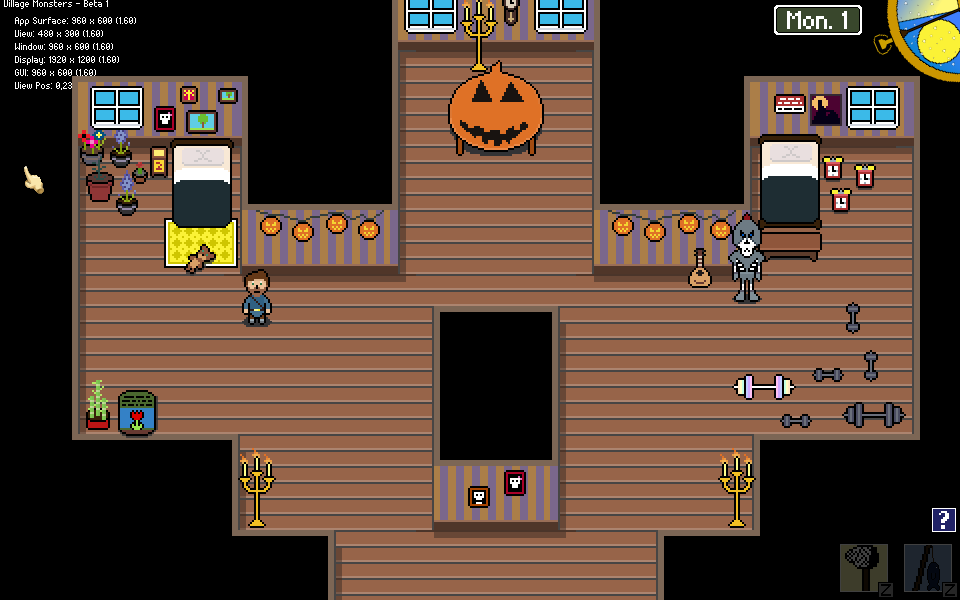
(Not literally, though; I fixed the bug that allowed you to rob villager homes stupid of furniture and items.)
Everything you find in a villager home can be bought at the store and used in your house, but if you see something you really like you could always wait until the Spring Cleaning event and haggle for it with the villager themselves!
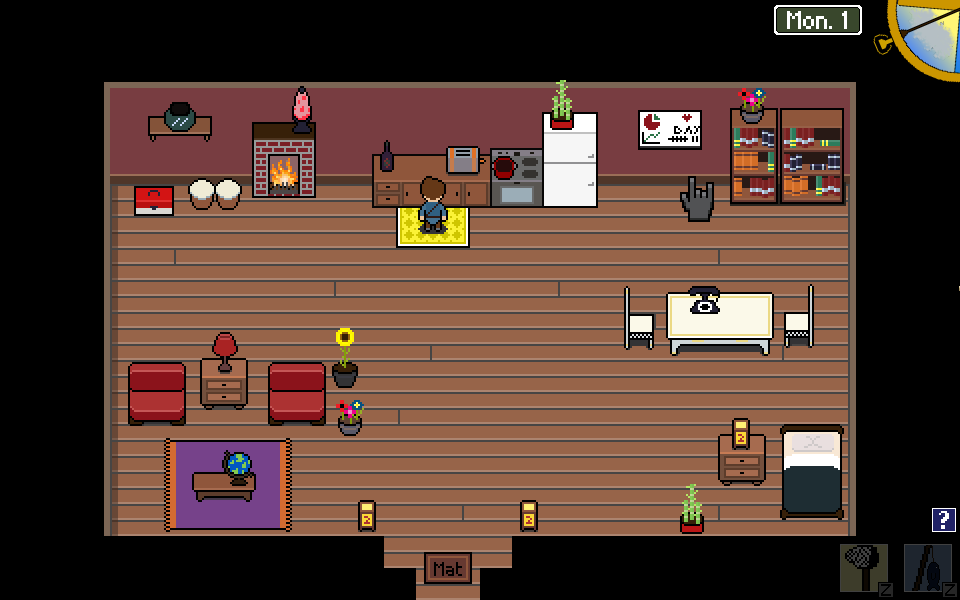
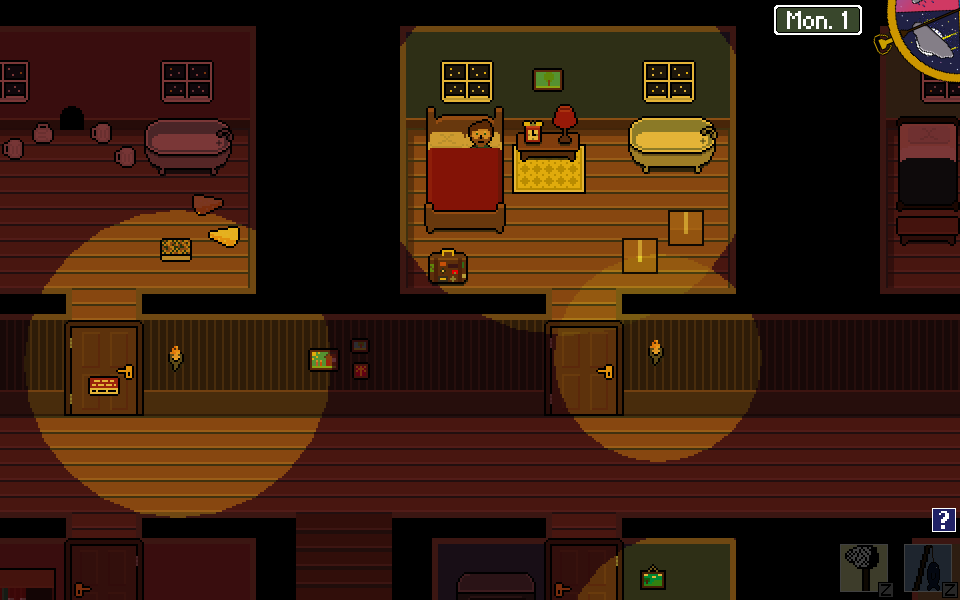
Smarter Conversations
I’ve written lots and lots of dialogue so far, but that’s really only the first step – after all, you probably want to read dialogue in a game, not an Excel spreadsheet, right?
Lately I’ve found that implementing dialogue has been a great way to come up with new ideas and systems. This has turned into a very jolly feedback loop where I’ll write some words, get an idea, prototype the idea, and then write even more words!
Here are some examples of things I’ve worked on or plan to soon
- Villagers can now wake up in special ‘states’ – like being sick, grumpy, energetic, and so on. This’ll change their dialogue for the day.
- Certainly topics of conversations are now reserved for higher friendship levels. This includes personal stories, juicy gossip, and lore about the world.
- Spoken conversations are now more gradually reshuffled back into list of available topics. This further minimizes repetitious dialogue and encourages finding new conversations if you frequently talk with a villager.
The downside to all this is that testing new dialogue is becoming increasingly difficult due to the amount of it and the complexity of the systems. In my spare time I’ve been creating a dialogue testing tool to minimize the amount of manual confirmation I need to do.
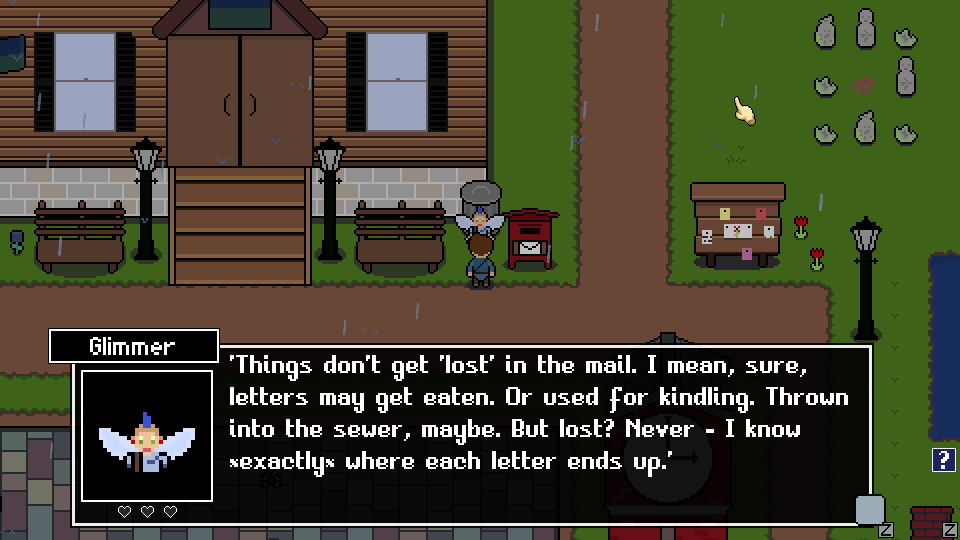
Dialogue Don’t Stop
I talk a lot about dialogue, and it’s for a good reason: I’m writing an awful lot of it!
But it’s not always easy to share screenshots of dialogue – it’s often not very interesting to read out of context, and of course I’d prefer you to discover villagers and their personalities in-game for yourselves.
So! Here’s another way of sharing my work: stats and charts! Who doesn’t love stats and charts? Right? …right? 🙁
Ok, well, let;s first look at dialogue sets I’ve created per villager.
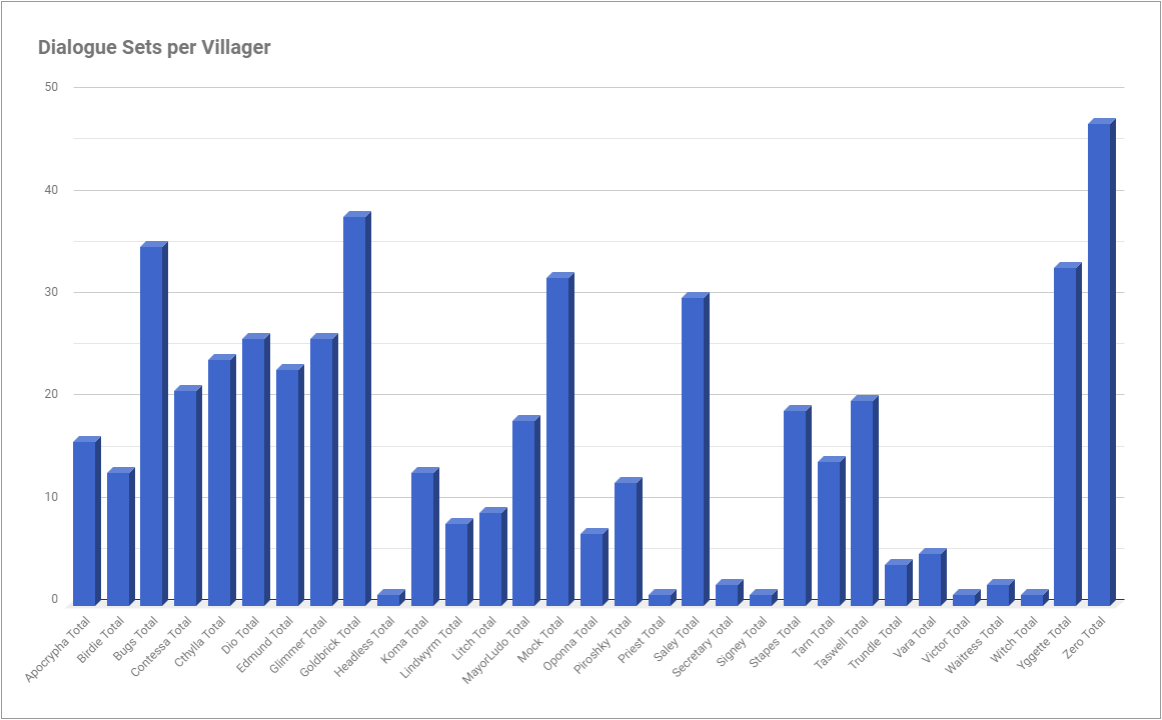
Here we can see that most villagers currently have about 20 different things to say – though some have far less and a few have far more. This is a result of my preference of picking a different villager every few days and writing a bunch of text for them while ignoring the others.
My unofficial goal is to have 100+ different things for each villager to say, so I best get back to writing soon!
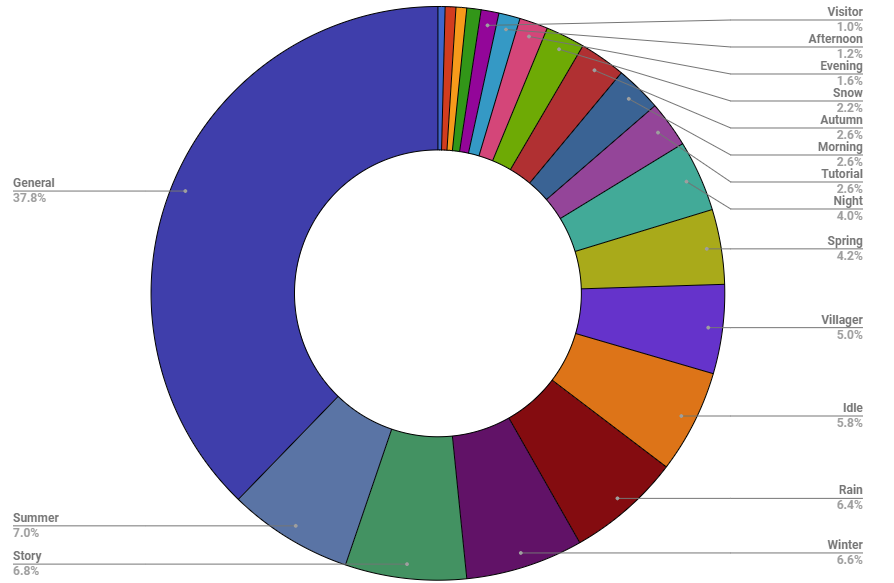
This next graph breaks out topics by category. Unsurprisingly, general topics are the most common followed by seasonal topics, story, weather, and village gossip.
The goal here isn’t necessarily balance – after all, there’s only so many things you can say about rain – but I do want to make sure there are no underrepresented topics.
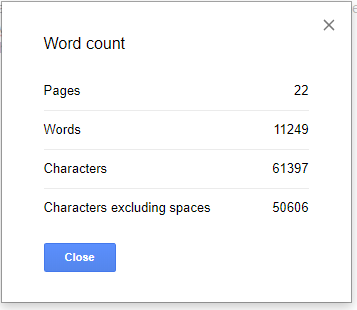
We’ll end with a simple one – a word count of the script. At 11,000 words we’ve smashed short story status and we’re all on our way into novella. Will we reach novel status before release? It seems terrifyingly likely.
That’s it for this week! Before I leave you, check out a sneak peek of a few (very!!) work-in-progress new logo ideas. I’m not sure which direction I like most yet, but you can hopefully see where I’m going with it.
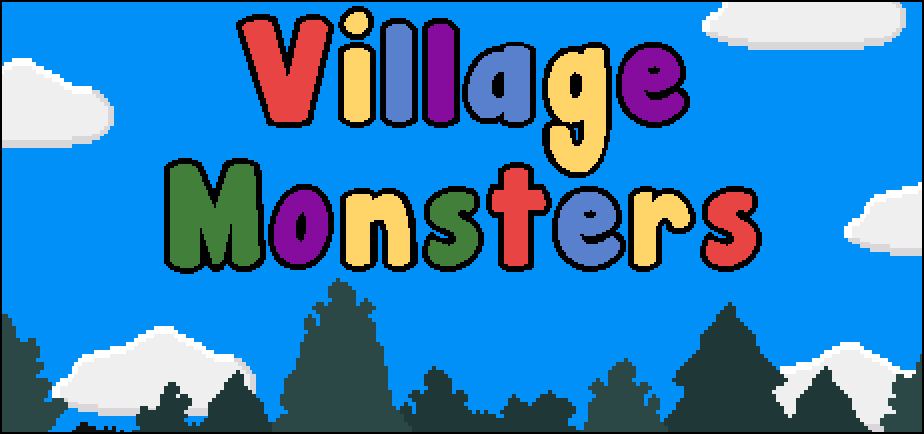
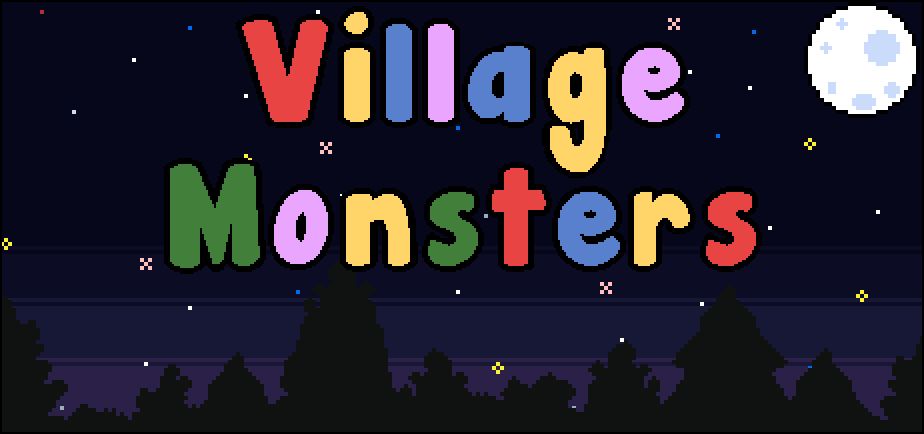
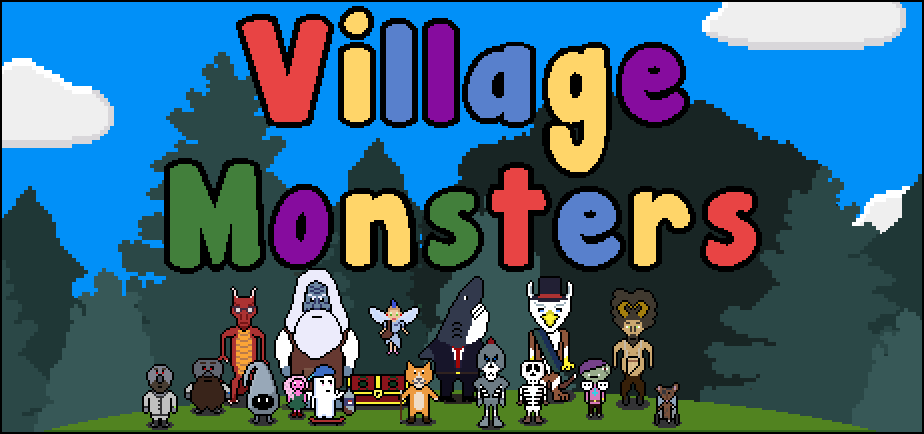
See you next week!
Leave a Reply
You must be logged in to post a comment.